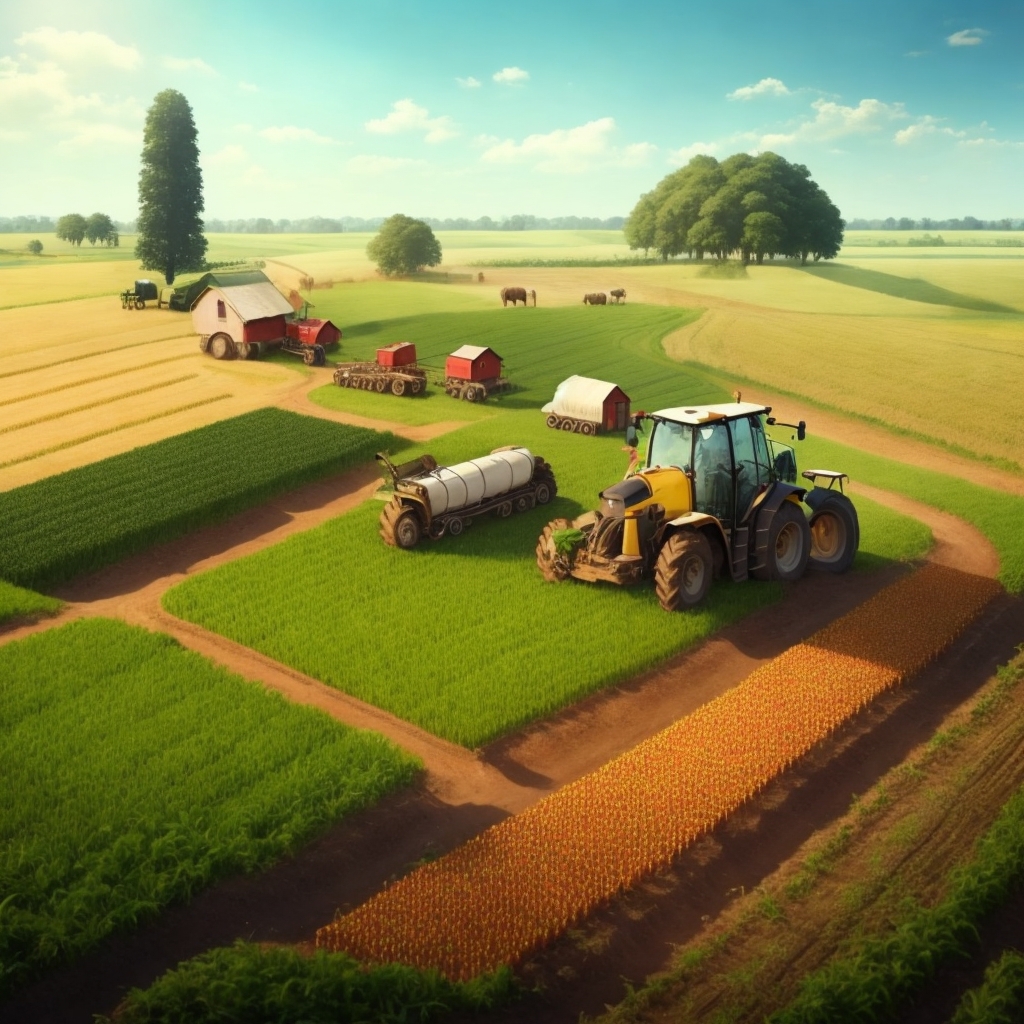Boost Your Agricultural Economy with These Proven Strategies
Introduction
Agriculture plays a vital role in the economic growth and sustainability of many countries around the world. In order to thrive and remain competitive in today’s dynamic landscape, it is crucial for agricultural businesses to implement proven strategies that can boost their economy. This article will delve into a range of effective techniques and approaches that can help propel your agricultural endeavors to new heights.
Understanding the Agricultural Landscape
The Challenges and Opportunities
Agriculture, like any other industry, faces its fair share of challenges. From unpredictable weather conditions and market fluctuations to evolving consumer demands and regulatory complexities, agricultural businesses must navigate through a myriad of obstacles. However, within these challenges lie numerous opportunities for growth and innovation.
Leveraging Technological Advancements
One of the key drivers of agricultural transformation is the rapid advancement of technology. Embracing innovative tools and techniques can revolutionize farming practices, increase productivity, and optimize resource utilization. Technologies such as precision agriculture, IoT (Internet of Things), and data analytics provide valuable insights, enabling farmers to make informed decisions, improve crop yields, and minimize waste.
Implementing Proven Strategies
Diversify Your Product Range
Expanding your product range can be a powerful strategy to bolster your agricultural economy. Instead of solely focusing on traditional crops or livestock, consider diversifying into niche or high-demand markets. Conduct market research to identify emerging trends and consumer preferences. By introducing new and unique products, you can tap into previously untapped markets, attracting new customers and generating additional revenue streams.
Enhance Sustainable Practices
Sustainability is no longer just a buzzword; it is an imperative for the agricultural industry. Consumers are increasingly demanding ethically and environmentally responsible products. Implementing sustainable practices, such as organic farming, water conservation, and renewable energy adoption, can not only enhance your brand reputation but also reduce operational costs in the long run.
Improve Supply Chain Management
Efficient supply chain management is crucial for maximizing profitability in the agricultural sector. Streamline processes, reduce waste, and optimize logistics to minimize costs and ensure timely delivery of products. Embrace technology-driven solutions like blockchain to enhance transparency, traceability, and quality control throughout the supply chain. This builds trust among consumers and enables you to command a premium price for your produce.
Invest in Research and Development
Innovation is the key to staying ahead in any industry, and agriculture is no exception. Allocate resources to research and development to explore new technologies, breeding techniques, and crop varieties that can withstand environmental challenges and improve productivity. Collaborate with research institutions, universities, and industry experts to leverage their expertise and access cutting-edge knowledge.
Collaboration and Knowledge Sharing
Foster Industry Collaboration
In an interconnected world, collaboration among agricultural stakeholders is essential for success. Establish partnerships with other farmers, suppliers, distributors, and agricultural organizations to share knowledge, resources, and market insights. Collaborative initiatives can create economies of scale, reduce costs, and drive innovation, benefiting all parties involved.
Engage in Knowledge Sharing
The agricultural community thrives on the exchange of information and best practices. Attend industry conferences, workshops, and seminars to network with like-minded professionals and stay updated on the latest trends and advancements. Participate in online forums, social media groups, and agricultural associations to actively engage in knowledge sharing. By staying connected and continuously learning, you can adapt to changing market dynamics and seize new opportunities.
Conclusion
Achieving sustainable agricultural growth and boosting the economy requires a holistic approach, embracing both traditional wisdom and modern innovation. By diversifying products, implementing sustainable practices, optimizing supply chain management, investing in research and development, fostering collaboration, and engaging in knowledge sharing, agricultural businesses can thrive in an ever-evolving landscape. Stay ahead of the curve, adapt to market demands, and position yourself as a leader in the industry. Together, we can shape a prosperous and resilient agricultural economy.


